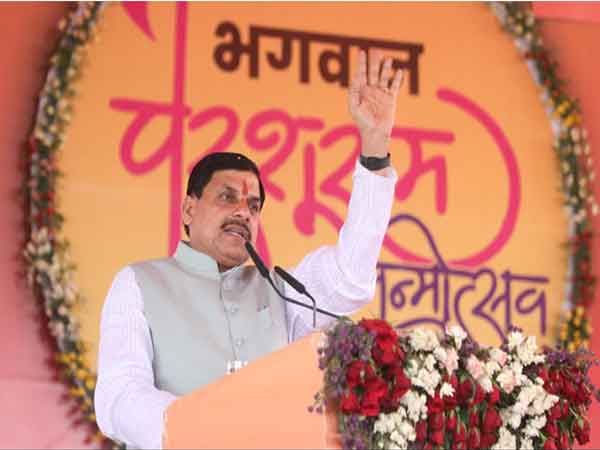TRAI has given major relief to DTH service providers; allowed sharing of telecom infrastructure
Feb 21, 2025

New Delhi [India], February 21 : The Telecom Regulatory Authority of India (TRAI) has given big relief to direct-to-home (DTH) service providers.
In its recommendations for broadcasting services under the Telecommunications Act of 2023, it has proposed reducing the licence fee for DTH service providers to 3 per cent of AGR as against the current 8 per cent. It has also recommended no authorization fee after 2026-27.
TRAI has also recommended reducing the bank guarantee requirement for DTH and Headend-in-the-Sky (HITS) services, lowering the processing fee for HITS services from Rs1 lakh to Rs10,000, and extending the validity of HITS service authorization from 10 years to 20 years, with a renewal option every 10 years.
It has also recommended reducing fees and charges of other services to align with the Telecommunications Act of 2023.
The fee for radio broadcasting services will be 4 per cent of AGR, with a reduced 2 per cent fee for service providers in the Northeastern states, Jammu and Kashmir, and island territories during the first three years.
In the case of terrestrial radio services, TRAI has proposed introducing a renewal period of 10 years, which was previously not available for FM radio operators.
Other key recommendations of the telecom regulator include allowing voluntary infrastructure sharing between broadcasting service providers and telecom operators wherever technically and commercially feasible. This move is expected to reduce costs and improve service delivery across the industry.
To enhance consumer choice and reduce electronic waste, TRAI has also recommended that television channel distribution service providers should adopt interoperable set-top boxes (STBs). The Telecommunication Engineering Centre (TEC) will be responsible for setting standards for these STBs and television sets with inbuilt STB functionality.
For Internet Protocol Television (IPTV) services, TRAI has proposed removing the Rs100 crore minimum net worth requirement for Internet Service Providers (ISPs).
This change would align IPTV services with the authorisation rules for Internet Services under the Department of Telecommunications (DoT), making it easier for smaller players to enter the market.
In radio broadcasting, TRAI has suggested making the terms and conditions technology-neutral, enabling broadcasters to adopt digital technology.
Additionally, terrestrial radio services will now have a separate auction for frequency assignment, ensuring a fair allocation of spectrum.
The new framework will also allow radio broadcasters to stream their content on the internet simultaneously without any user control.
Furthermore, the Ministry of Information and Broadcasting (MIB) will be responsible for introducing a separate Programme Code and Advertisement Code for radio service providers.




















